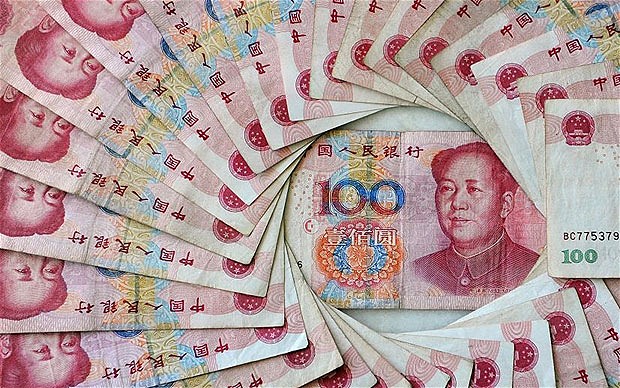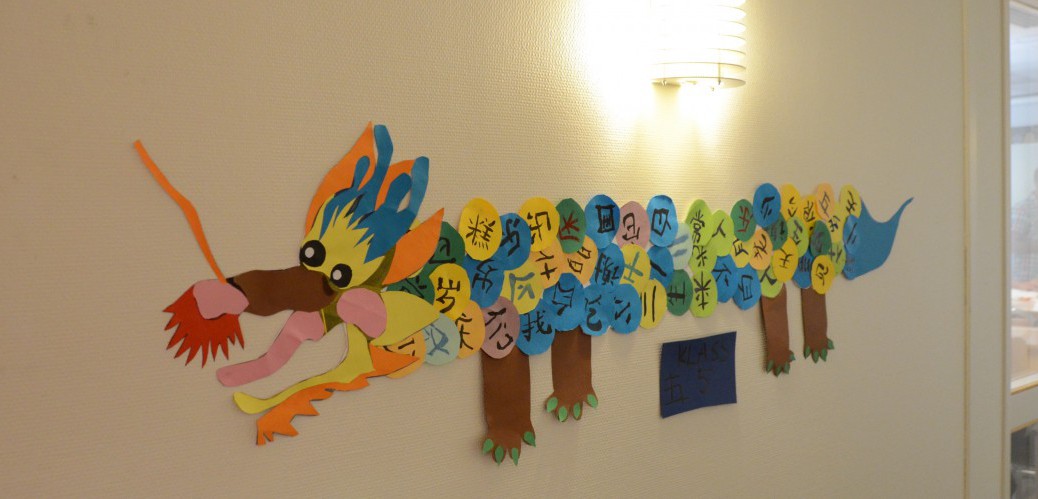BEIJING, Aug. 25 (Xinhua) — Weak economic figures, a plunging stock market and the depreciation of the yuan have raised concerns globally about China’s economy, but Michael Bloomberg doesn’t seem worried.
Bloomberg, founder of the world’s leading financial information provider Bloomberg L.P. and former New York City mayor, has an unusual reason for his optimism: The many smiling faces in Chinese cities.
“One of the things I do when I’m in a city outside of New York [is to] see if the people walking down the streets are smiling.
“You see a lot of smiling faces here. Very few people are dour and look depressed. Most people here are happy, gung-ho. They have an enthusiasm,” he told Xinhua during an interview last week.
China’s economy is still growing. The progress and the length of time that it’s been growing are amazing, and you’re always going to have small fluctuations, he said.
MARKET ROUT, YUAN DEPRECIATION
China’s economy has slowed significantly in the past two years to what is officially called the “new normal.” Annual growth rate has fallen from 10 percent to 7 percent.
Adding to that pressure is a stock market rout since June 12 and the depreciation of the yuan in mid-August.
On Tuesday, China’s stock market continued its two-month slide. The key Shanghai index lost another 7.63 percent after an 8.49-percent plunge on Monday. It closed at 2,964.97, the lowest level since Dec. 15, 2014.
The Shanghai index has fallen by 42.74 percent from its peak at 5,178.19 points in the mid-June, triggering a ripple affect in the global market.
Bloomberg suggested that investors put the stocks away and get back to business.
If you’re an investor, you should buy stocks in companies that have a future — that is the only successful investment strategy, he said.
“If you worry about the small, short-term ups and downs, you will always be too late to get in and too early to get out. So I wouldn’t worry about that,” he said.
The stock market plunge was further complicated by a sudden depreciation of the yuan on Aug. 11, after the People’s Bank of China reviewed the way it calculated the central parity rate against the U.S. dollar.
The market responded with a 4.6 percent depreciation in the yuan-dollar central parity rate by Tuesday.
Bloomberg believes that the decision by the central bank was probably the right decision for China.
“I think, on balance, the government has a reasonable set of criteria so that people won’t panic, but that market forces over a long period of time can set [the yuan’s exchange] rates,” he said.
POTENTIAL
“I suppose it’s normal that people will say: ‘Oh, is this the beginning of the end?'” Bloomberg said.
“Don’t always feel that the world is coming to an end [in] the real world, nothing goes in a straight line […] Business people don’t go up and down every day. They look to the future.”
He said that in the longer term, China’s economy is still growing, and small fluctuations are natural, given the impressive progress and length of growth.
China, he said, was once a country where everybody went around on bicycles and very few people spoke English. Today, there are cars everywhere, and the average person has much more than ever before.
“The Middle Kingdom used to be very isolated, and today […] it is very willing to look outside — at other people’s experience, and if they think it fits, they adopt it.”
“China [has] a history spanning 5,000 years and you’re worried about two months? Seriously, you can’t worry about the short term,” he said.
Bloomberg said that there is still enormous potential in China for a number of reasons, such as its huge population, rich resources, education level and strong work ethic.
The potential for the Chinese people, and the potential for companies around the world to do business is really amazing, he said.
Although there are signs of weakness from disappointing exports to wobbling infrastructure investment, Bloomberg does not agree that there is an economic slowdown in China.
“By any rational basis compared to any place else in the world, China is still spectacular, there isn’t a slowdown and it doesn’t impact our business,” he said. [ Bloomberg’s business has grown in China and it recently hired about 150 people on the Chinese mainland. It will keep investing, taking new space and hiring new people, the founder said. Enditem











